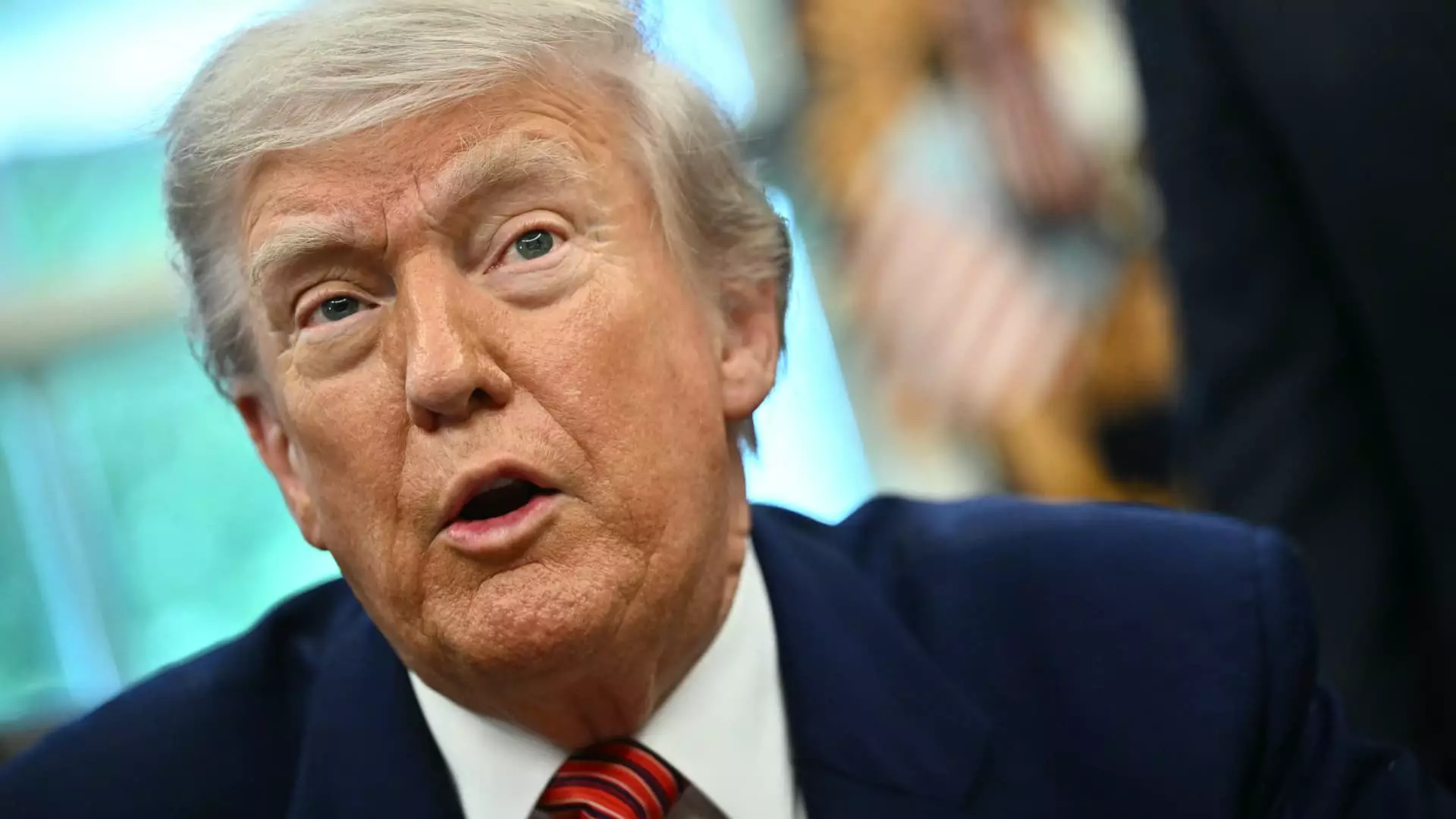In a speech that blurred the lines between a graduation ceremony and a campaign rally, former President Donald Trump stood before the West Point graduating class, proclaiming them the harbingers of a new “golden age” for America’s military. Such assertions, while designed to instill confidence in young officers, reveal a troubling trend: the manipulation of military achievements for political gain. When Trump claims to have “rebuilt” the military to heights never witnessed before, one must question whether this is an elaborate fabrication rather than an authentic reflection of progress. Celebrating military strength is essential, but when it becomes a veneer for a political agenda, we must remain vigilant.
America First: A Pervasive Ideology
Trump’s promotion of an “America First” doctrine during his address sends a powerful yet concerning message about U.S. global engagement. While advocating for military dominance speaks to a desire for national security, it simultaneously fosters an exclusionary mindset. The idea that past administrations led soldiers towards “nation-building crusades” undermines the complex realities of global diplomacy and the multifaceted roles our military can play beyond sheer power. By framing military service as a means of annihilating threats rather than protecting peace, Trump cultivates a culture of aggression that creates more enemies than allies.
Divisive Strategies in the Name of Unity
An alarming aspect of Trump’s speech lies in his denunciation of diversity, equity, and inclusion (DEI) programs within military academies. Pledging to “liberate” troops from so-called “divisive and demeaning political trainings” undercuts the very foundation of leadership that the military aspires to instill. Citing the elimination of cultural clubs at West Point, Trump frames this purging as a pathway to uniting troops under an ambiguous banner of respect. However, the reality is that diversity enriches military culture, fosters collaboration, and ultimately strengthens our forces. The choice to strip these nuances reveals a stark ignorance towards the value of varied perspectives in today’s complex military landscape.
Cherry-Picked Achievements and Historical Amnesia
As Trump touted his administration’s military accomplishments, it is vital to recognize the broader historical context. The narrative that he alone revitalized the military disregards the contributions made by prior administrations and the realities posed by shifting global threats. The tone of his address threatens to rewrite history and ignore the ongoing struggles within the military, such as the rising concerns over mental health, sexual harassment, and systemic inequalities. Are we to believe a military can be labeled truly “great” while grappling with internal crises?
Trump’s rhetoric at West Point, laden with promises of strength and unyielding respect, stands as a reminder of the power of language to shape perceptions of reality. While celebrating the military is necessary, it must not come at the cost of obscuring the challenges it faces. A healthy discourse about military policy should empower, not polarize, highlighting the necessity for a nuanced understanding of what true greatness looks like in U.S. military history and engagement with the world. To embrace the reality of our armed forces, we must question motivational soundbites and seek comprehensive, truthful narratives.


Leave a Reply